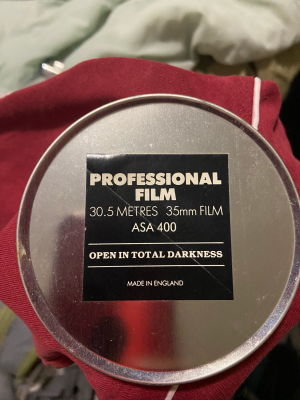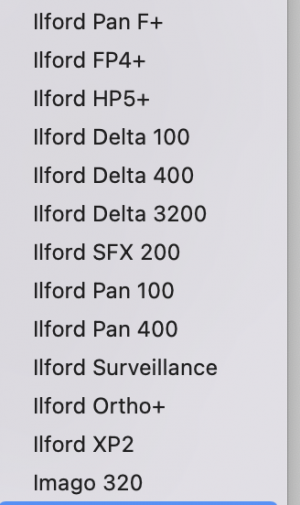Ordinal and HP5 = grain. Heaps of it. Not a bad pattern, but this combo ruined an extensive photo shoot I did in Indonesia in the late 1980s. I had publishing in mind, back then photo buyers like the Economist were still keen to buy B&W stock images for one- and two-column fillers and I was doing pretty good business with my monochromes. Anyway, I got back home and quickly processed all my HP5 (about 30 rolls) in fresh Rodinal (I think you meant this when you wrote "Rodinil" the connotations of which which I quite enjoyed) and the grain was such that I had to scrap all those images.
A few decades later I returned to those films and I found they scanned quite well, but alas, those once lucrative photo sale markets are now long past.
HC110 with HP5 could be a winner. I used this briefly in Australia about 20 years ago, but then the supplies vanished and I went elsewhere for my developers and never did return to it. Not sure how HC handles 'additives' like benzo and pot-brom tho', the small mix concentrations may mean minute batches of added chemistry which would be too much pain in the pooter for a home darkroom, or at least mine.
I find this thread interesting as after a few years of non-interest in films, I'm now pondering a return to using film and reviving my darkroom, mostly to use up my remaining stocks of long-expired 35 and 120 languishing in my film fridge at home, during another extensive SEAsia trip next year. So I will be watching this and other similar threads with interest. Nice to be back into film...
And BTW, be careful (I was tempted to write "wary" but this may be an unfair term) of Digital Truth processing times. Many are meant as 'averages' and it's best when you want to develop a new brand of film, to do a test roll at various ISOs and then even a clip test of the best result. Especially with your long-expired HP5.
Can I say, I'm envious of your big-can acquisition of 'vintage' HP5. If it's still fit for use, you are on to a super good find.




